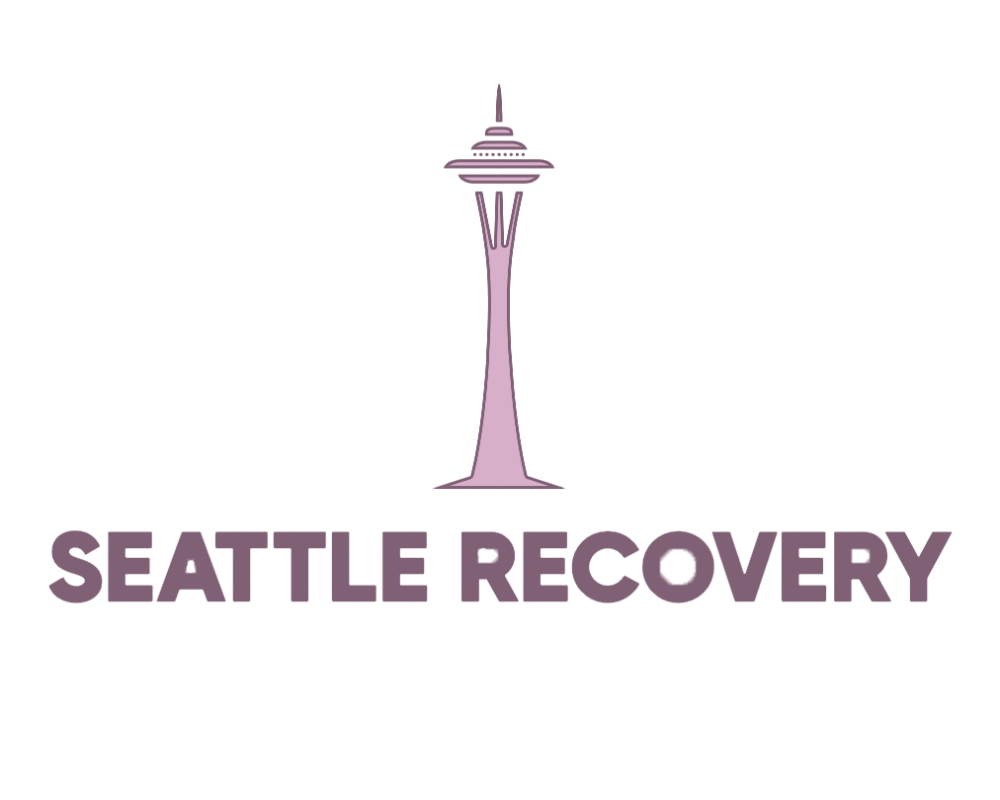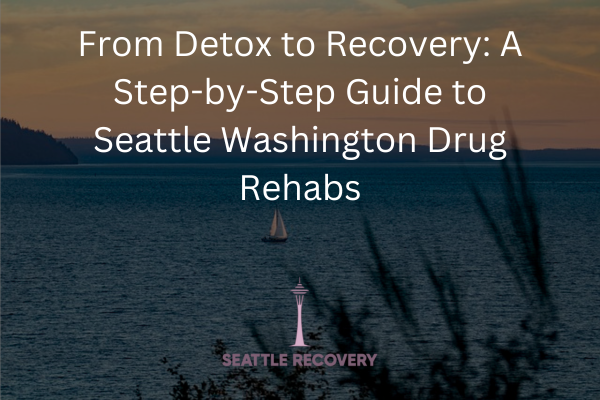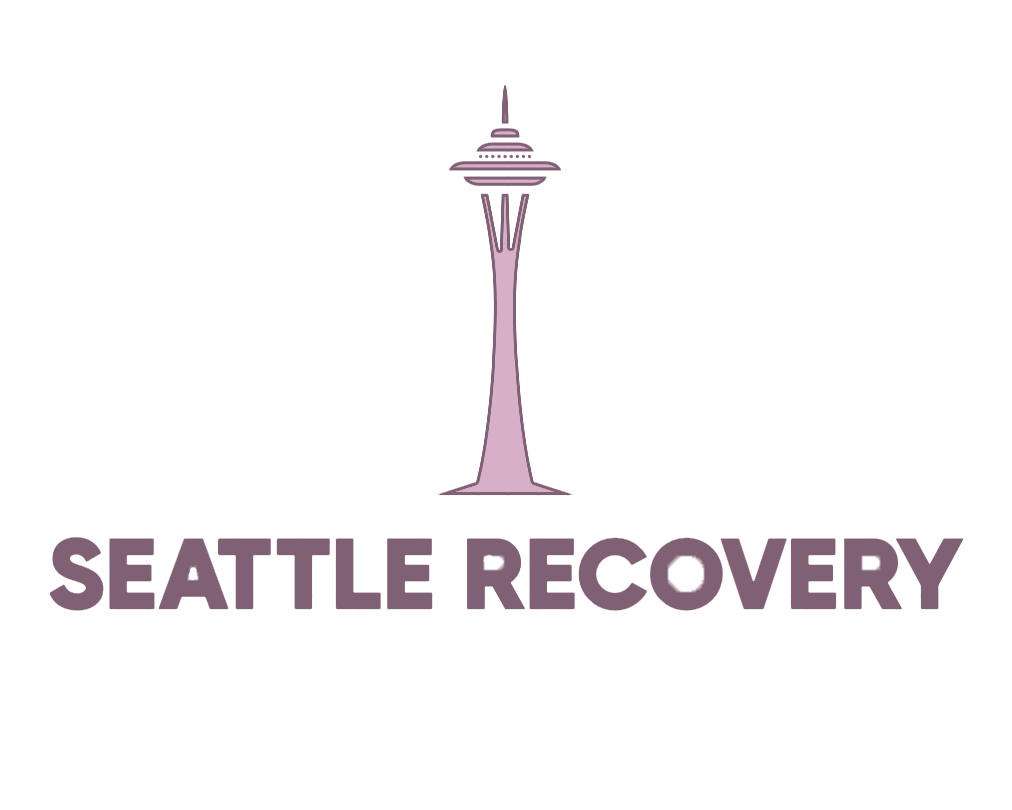For anyone struggling with addiction, the road to recovery can seem daunting. The thought of breaking free from substance use and starting a new life can be overwhelming. However, one of the most powerful tools in this journey is professional treatment at a Seattle Washington drug rehab. Drug rehabilitation programs are designed to help individuals not only detox from substances but also to heal emotionally, mentally, and physically. They provide a structured, supportive environment where people can receive the comprehensive care they need to build a lasting foundation for sobriety.
At Seattle Recovery, we understand the unique challenges faced by individuals battling addiction, and we are committed to providing compassionate, evidence-based treatment. In this blog post, we’ll guide you through the entire process of drug rehabilitation at a Seattle Washington drug rehab, from detoxification to long-term recovery. Whether you’re seeking help for yourself or a loved one, this step-by-step guide will help demystify the rehabilitation process and offer insight into how addiction treatment works.
Step 1: Initial Assessment and Evaluation
The first step in any addiction treatment program is a thorough assessment. Before entering a Seattle Washington drug rehab, individuals must undergo a comprehensive evaluation to determine the severity of their addiction and identify any co-occurring mental health issues, such as depression, anxiety, or trauma. This evaluation is critical because it helps the treatment team develop a customized recovery plan that addresses the unique needs of the individual.
During this assessment, a healthcare professional will ask questions about your substance use history, physical health, mental health, and personal circumstances. The goal is to understand the full scope of the addiction and gather relevant information that will guide the treatment process. If detoxification is necessary, the assessment will also help determine the appropriate level of care and whether inpatient or outpatient treatment is the best fit.
Step 2: Detoxification (Detox)
For many individuals struggling with addiction, the first and most critical phase of treatment is detoxification (detox). Detox is the process of allowing the body to rid itself of the toxic substances it has accumulated during substance abuse. While detox may sound simple, it is often a physically and emotionally challenging process that requires medical supervision.
In a Seattle Washington drug rehab, detoxification is typically managed in a safe, supportive environment, with medical professionals monitoring the individual’s progress. During detox, the body begins to heal from the effects of substance abuse, and withdrawal symptoms may occur. These symptoms can range from mild discomfort, such as headaches and nausea, to severe complications like seizures or heart problems, depending on the substance being abused and the length of time the individual has been using.
For this reason, detox should never be done alone, and it’s essential that individuals seek medical help through a Seattle Washington drug rehab. Inpatient detox programs provide 24/7 care to ensure that withdrawal symptoms are managed safely, with medication-assisted treatment (MAT) often used to ease discomfort and prevent relapse.
Step 3: Inpatient or Outpatient Treatment?
Once detox is complete, the next decision is whether inpatient or outpatient treatment is the right choice for the individual. This decision is based on several factors, including the severity of the addiction, the individual’s overall health, and their support system at home.
Inpatient Treatment at a Seattle Washington Drug Rehab
Inpatient treatment is the most intensive form of addiction treatment. During inpatient rehab, individuals live at the treatment center for a set period of time—usually 30, 60, or 90 days. This allows them to focus entirely on their recovery without the distractions or temptations of daily life.
The primary benefits of inpatient rehab include:
- 24/7 support: Inpatient rehab provides around-the-clock care from medical professionals, therapists, and counselors, ensuring that individuals receive constant support throughout their recovery journey.
- Safe and structured environment: With no access to drugs or alcohol, inpatient rehab provides a safe, distraction-free environment where individuals can focus solely on their healing process.
- Comprehensive treatment: Inpatient programs often offer a wide range of therapies, including individual counseling, group therapy, family therapy, and holistic treatments such as yoga or art therapy. These therapies help individuals address the psychological, emotional, and spiritual aspects of addiction.
Inpatient rehab is ideal for individuals with severe addiction, those who have tried outpatient treatment before, or those who are dealing with co-occurring mental health disorders.
Outpatient Treatment at a Seattle Washington Drug Rehab
Outpatient rehab allows individuals to live at home while receiving treatment at the rehab center on a part-time basis. Outpatient programs typically involve several hours of therapy and counseling per week, depending on the individual’s needs.
The benefits of outpatient treatment include:
- Flexibility: Outpatient rehab offers more flexibility, allowing individuals to continue working, attending school, or fulfilling family responsibilities while receiving treatment.
- Lower cost: Outpatient treatment is generally less expensive than inpatient care because it does not include room and board.
- Gradual transition: For individuals who have completed inpatient rehab, outpatient treatment provides a more gradual transition back to everyday life while still offering a high level of support.
Outpatient rehab is best suited for individuals with milder addictions or those who have already completed detox and inpatient care.
Step 4: Therapy and Counseling
Therapy is a cornerstone of addiction treatment, and it plays a critical role in helping individuals understand the root causes of their addiction and develop healthy coping strategies for long-term recovery. At a Seattle Washington drug rehab, therapy is tailored to the individual’s specific needs and may include a combination of the following:
Individual Therapy
Individual therapy allows individuals to explore their thoughts, emotions, and behaviors in a safe, confidential setting. Therapists work with patients to identify the underlying causes of their addiction, such as trauma, mental health disorders, or past negative experiences. Cognitive-behavioral therapy (CBT) is often used to help individuals change negative thought patterns and behaviors, while dialectical behavior therapy (DBT) may be used to teach skills for managing emotions and improving relationships.
Group Therapy
Group therapy provides individuals with the opportunity to connect with others who are facing similar struggles. Sharing experiences, offering support, and learning from peers can be incredibly therapeutic and empowering. Group therapy also helps individuals develop communication and social skills, which are essential for rebuilding relationships and navigating life after rehab.
Family Therapy
Addiction impacts not only the individual but also their loved ones. Family therapy involves working with family members to address the dysfunctions that addiction has caused within the family unit. The goal is to rebuild trust, improve communication, and teach family members how to support their loved one in recovery without enabling unhealthy behaviors.
Holistic Therapies
Many Seattle Washington drug rehabs, including Seattle Recovery, incorporate holistic therapies into their treatment plans. These therapies, such as yoga, meditation, acupuncture, and mindfulness, aim to heal the body and mind, reduce stress, and promote overall well-being. Holistic therapies can be especially helpful in managing the emotional and spiritual aspects of recovery.
Step 5: Aftercare and Support
Recovery doesn’t end when an individual completes their treatment program at a Seattle Washington drug rehab. In fact, the transition back to everyday life can be one of the most challenging aspects of recovery. Aftercare services provide ongoing support and resources to help individuals maintain their sobriety and continue their healing process after they leave rehab.
Sober Living Homes
Sober living homes are transitional housing options that provide a supportive, drug-free environment for individuals in recovery. These homes offer a structured setting where individuals can practice sober living skills, attend recovery meetings, and gradually reintegrate into society.
Continued Therapy
After completing inpatient or outpatient treatment, many individuals continue therapy on an outpatient basis. Continued therapy helps individuals work through any challenges they face in early recovery, build a solid foundation for long-term sobriety, and prevent relapse.
Support Groups
Support groups, such as Alcoholics Anonymous (AA) or Narcotics Anonymous (NA), are integral to maintaining sobriety. These groups provide ongoing support, accountability, and encouragement from peers who understand the challenges of addiction. Many individuals attend support group meetings regularly to stay connected with their recovery community and reinforce their commitment to sobriety.
Relapse Prevention
Relapse prevention is an essential part of any addiction recovery plan. During treatment, individuals learn coping skills, stress management techniques, and strategies for handling triggers and cravings. Ongoing support and therapy help individuals stay focused on their recovery goals and avoid the pitfalls that could lead to relapse.
Step 6: Long-Term Recovery and Wellness
Long-term recovery is a lifelong journey that requires dedication, self-awareness, and a commitment to personal growth. A Seattle Washington drug rehab helps individuals create a recovery plan that is sustainable, incorporating healthy lifestyle choices such as regular exercise, balanced nutrition, and ongoing therapy.
Throughout this journey, individuals must remain vigilant and proactive in their recovery, constantly learning and growing. By staying connected to their support system, continuing therapy, and prioritizing their health and well-being, individuals can build a fulfilling, sober life and prevent relapse.
Getting this Help With us at Seattle Recovery
At Seattle Recovery, we understand that seeking treatment for addiction can be a difficult and overwhelming decision. That’s why our team is dedicated to providing compassionate, personalized care to each individual who walks through our doors. Our comprehensive approach to addiction treatment, including detox, inpatient rehab, outpatient rehab, therapy and counseling, aftercare and long-term support, ensures that individuals receive the necessary tools and resources to achieve lasting recovery.
We believe that recovery is possible for anyone who is ready to make a change and we are here to support them every step of the way. Our caring staff creates a safe and supportive environment where individuals can heal physically, mentally, and emotionally. We also offer holistic therapies such as yoga and meditation to help individuals restore balance and promote overall well-being. At Seattle Recovery, we are committed to helping individuals overcome their addiction and achieve long-term wellness.
- Our Programs:
At Seattle Recovery, we recognize that addiction and mental health disorders often co-occur, leading to complex and unique treatment needs. That’s why we offer a wide range of programs designed to address a variety of addictions and mental health issues. Our programs include detoxification for individuals who need help safely withdrawing from drugs or alcohol, inpatient rehab for intensive treatment and support, and outpatient rehab for those who need flexibility while maintaining their daily responsibilities.
Additionally, we offer specialized programs such as dual diagnosis treatment, which addresses both substance abuse and co-occurring mental health disorders simultaneously. We also offer LGBTQ+ specific programming for individuals in the LGBT community who may face unique challenges in their recovery journey. Our comprehensive approach ensures that each individual receives the personalized care and support they need to achieve lasting recovery.
At Seattle Recovery, we are committed to staying up-to-date with the latest research and treatment methods in addiction and mental health. This allows us to continually improve our programs and provide the best possible care for our clients. No matter what an individual’s specific needs may be, we have a program tailored to help them on their path towards a healthier, happier life in recovery.
Taking the First Step Toward Recovery
The road to recovery from addiction is not easy, but it is possible with the right support and treatment. A Seattle Washington drug rehab provides the tools, guidance, and resources necessary to help individuals overcome addiction and rebuild their lives. At Seattle Recovery, we are committed to walking with you every step of the way, from detox to long-term recovery. If you or a loved one is ready to take the first step toward healing, we are here to help.
Contact Seattle Recovery today to learn more about our programs and how we can support you on your journey to a healthier, drug-free life. Give us a call at (206) 231-0252 or visit our website at www.seattlerecovery.org to get the help that you or a loved one may need today.








